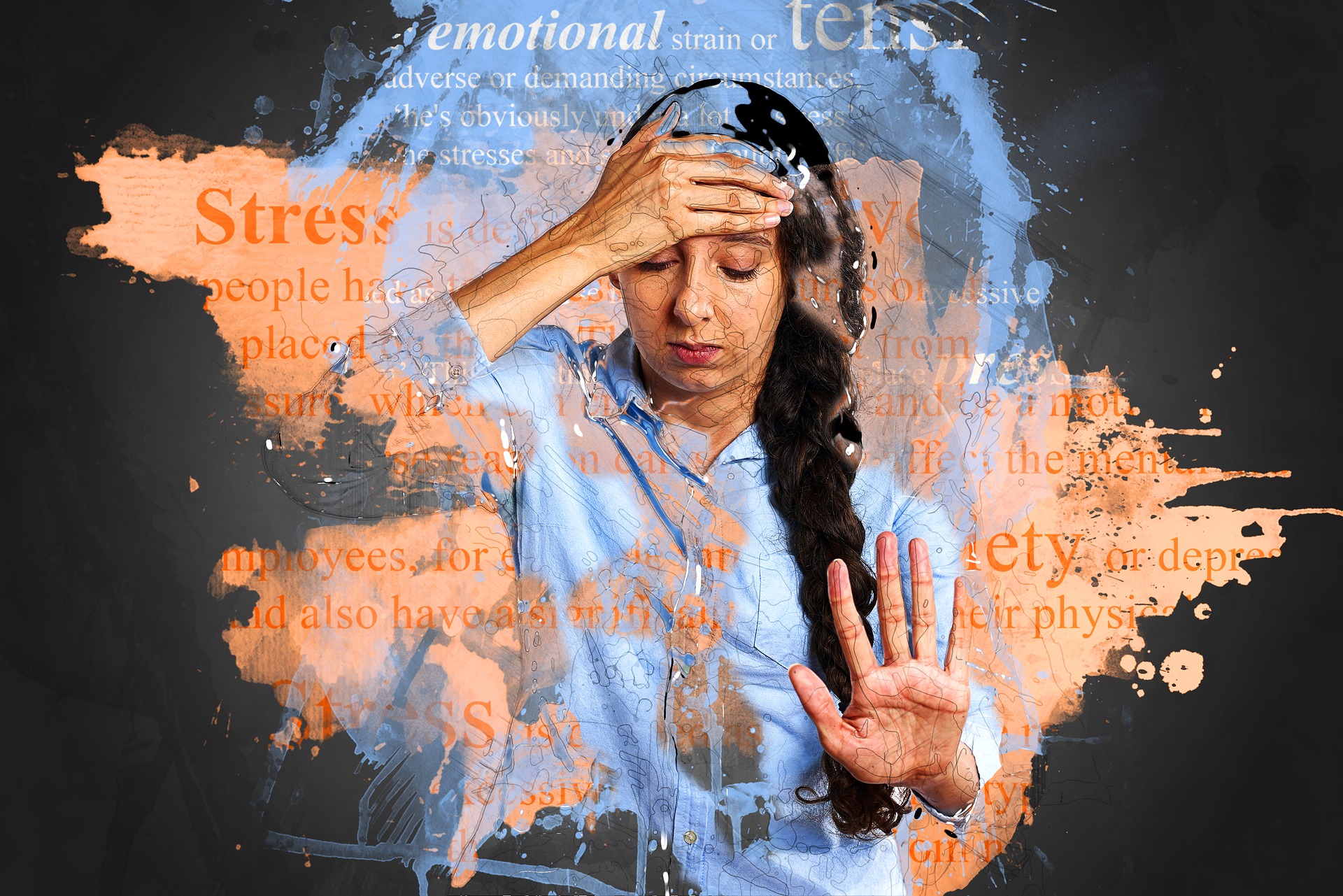This modern culture of restlessness is no stranger to the effects of chronic stress. However, in 2020 stress has taken on new meaning. Due to COVID-19, the median stress, depression and insomnia level for most Americans is currently 5.9, up 10 points from 2019, reports the American Psychological Association.
Based on the APA’s survey of over 3,000 adults in the United States, 71% are stressed by the disruption of their children’s routines, 67% by the government response, and 70% by economic impact on their job. Additionally, people of colour more likely to be stressed if they contract the virus or have access to medical care and other straightforward needs.
“Chronic stress is uncomfortable and exhausting at best. In the worst case, it can lead to life-threatening conditions or even sudden death,” emphasize the wellness experts at HealthMarkets. Elevated, persistent stress can lead to problems like headaches, asthma, heart disease, high blood pressure, indigestion, type 2 diabetes, or depression, HealthMarkets said. So if your stress is unhealthy, there are a few ways to regain control before it overwhelms you.
Organize your Environment
According to the New York Times, here is a direct link between household clutter and overproduction of the stress hormone cortisol in the body. To manage your internal stress, first, make sure that the outside area around you is clean and organized. Remove the stacks of mail from your counter. Wash the accumulated dishes in your sink. Tidy up the desk in your home office. Make your bed in the morning. Overtake the mess in your closet. Decrease the number of items you own. Whether you embrace the minimalist trend or experience clutter more often, an orderly space will soothe the senses.

Find an Exercise you Enjoy Doing
A fitness program not only strengthens your muscles and maintains a healthy weight – research shows that exercise can be a powerful stress reliever too. Exercise protects the body’s cardiovascular, immune, and digestive systems from the debilitating effects of stress, according to the Mayo Clinic. Plus, the release of endorphins can improve your mood, sleep patterns, energy, resilience, and mental clarity. To maximize these benefits and increase your motivation, choose an exercise that you enjoy, such as B. climbing, dancing, swimming, cycling, hiking, or joining a local sports team.
Maintain a Daily Mindfulness Practice
Based on a 2019 study in the Health Psychology Journal, those who practice mindfulness and focus on nonjudgmental acceptance of the present are generally less preoccupied or stressed. In other words, This form of mindfulness teaches you to perceive your own thoughts, emotions, beliefs and sensations in real-time without criticizing them. This acceptance then leads to decompression. Mindfulness techniques that you should include in your self-care routine include meditation, yoga, breathwork, intuitive eating, body scans, nature walks, journaling, therapy, creative outings, or artistic and hobbies such as knitting that encourage repetition.

Form Healthy Relationship Boundaries
Relationships can be sources of love, comfort, warmth, and security, but without limits, they can also be mentally or emotionally stressful. “Clear margins reduce anger, stress, fear, struggles. When you discover your limits and learn from others, you will be better connected to them, more sensitive to their and your needs,” explains the author and psychotherapist Dr Andrea Brandt. So, be sober with your time commitments, keep expectations realistic, and don’t be afraid to communicate honestly if your answer is no.
Also Read: The Best Tips and Tricks to Smile Beautifully & Healthily
In the midst of these uncertain and difficult circumstances, what strategies can help you manage your stress? Have you tried these coping mechanisms, or can you think of other techniques for coping with stress? Share in the comments below.




